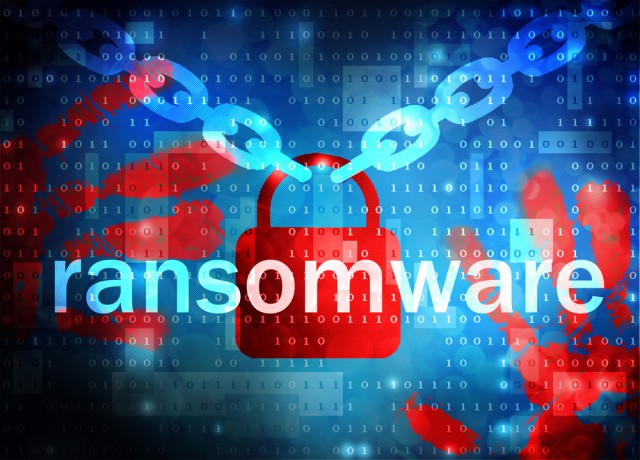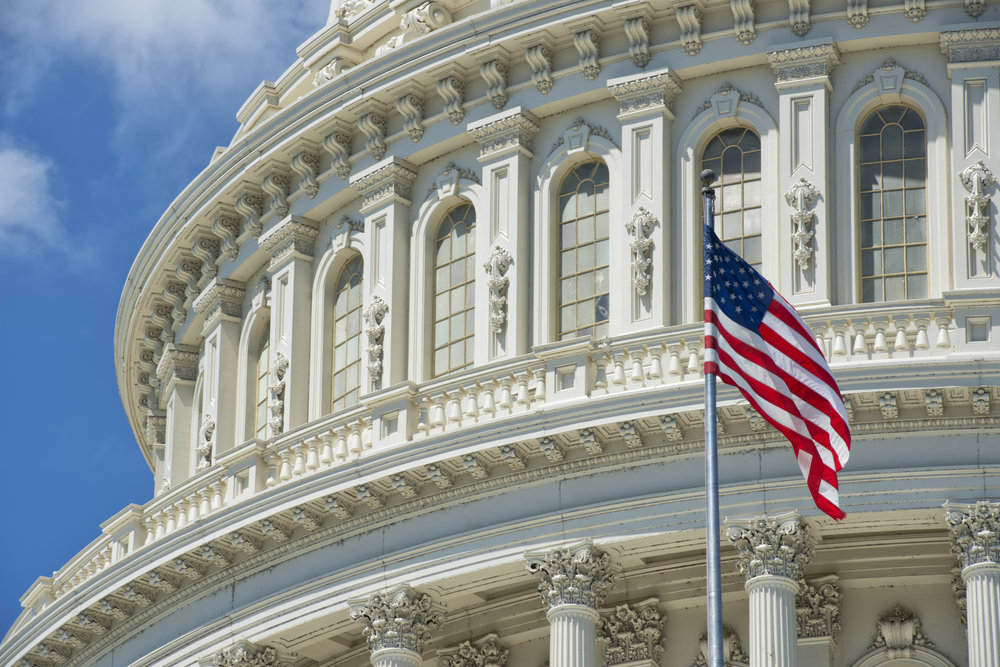
Anonymous declares war on the 'corrupt' US government -- and calls for revolution
Anonymous has declared war on various organizations and individuals in the past, ranging from Islamic State, and Ku Klux Klan, to Donald Trump.
Today, in a video it describes as a "call to arms", the hacktivist collective declares war on -- wait for it -- the "corrupt" US government, which it says has "been working to end the Constitution because it has been bought by corporations" and will "endanger the American people".

TalkTalk fined £400,000 for security breach
UK ISP TalkTalk hit the headlines last year for a data breach that resulted in the theft of personal data relating to over 150,000 customers.
Today the Information Commissioner's Office announced that it has issued the company with a record £400,000 (around $510,000) fine for what it called a failure to implement basic security measures.

Open Whisper Systems defeats government subpoena of Signal data with encryption
If you think you and your data are safe on the internet, think again. As we increasingly entrust companies with our data and information, many of these entities end up letting us down. For instance, in a bombshell reveal, we recently learned that Yahoo was scanning user email for the US government. Yes, the company violated the trust that users gave it.
Earlier this year, Open Whisper Systems was served with a subpoena from the Eastern District of Virginia asking it to turn over Signal messaging user information for a federal grand jury investigation. While this sounds like the beginning of a sad story for users of the service, it is actually a beautiful tale with a very happy ending. You see, thanks to the company's focus on encryption and smart design, it was unable to turn over any meaningful data. In other words, the service was created in such a way that the desired information couldn't be presented even if the company wanted to. Too bad that Yahoo didn't design its services in the same way, eh?

How ransomware threatens government agencies [Q&A]
Ransomware is an increasingly severe threat to all organizations and government agencies are not exempt. The Federal Trade Commission recently labeled ransomware as "among the most troubling cyberthreats".
But why are government agencies such an attractive target and what can they do to combat the threat? We spoke to Andrew Hay, chief information security officer of data security specialist DataGravity to find out.

New York Motor Vehicle employee caught using computer to get a date
You'd be hard pressed to find someone who enjoys a trip to their department of Motor Vehicle. While not everyone there is bad or unfriendly, the general reputation would have you believe so. Couple that with long wait times. One thing you don't think you need to worry about is a stalker.
That appears to be sort of what happened recently in New York. The New York Motor Vehicle employee was caught using a work computer to get a date with a customer -- without the customer's knowledge.

FBI Director Comey reports more attempts to access US voter databases
Back in August we learned of access to US voter registration databases in the states of Arizona and Illinois. After an extensive investigation it was widely believed the attempts had come from Russia, which has a history of attempting to influence votes in foreign nations.
Now Director Comey has once again appeared before congress to give some more bad news. "There have been a variety of scanning activities, which is a preamble for potential intrusion activities, as well as some attempted intrusions at voter registration databases beyond those we knew about in July and August", Comey states.

Education and government suffer most from ransomware
The highest rates of ransomware are now found in the education and government sectors according to the findings of a new report from BitSight.
The report looks at how ransomware is impacting almost 20,000 companies in six major industries: finance, retail, healthcare, energy/utilities, government and education. The findings show that the rate of new ransomware strains, such as Locky and Cryptowall, has spiked over the last couple of years, and numerous industries are beginning to fall victim to these ransomware attacks.

GCHQ plans Great British Firewall to protect web users
The UK's cyber intelligence agency GCHQ is planning what has been labelled a 'Great British Firewall' to protect individuals and companies against cyber attacks.
The idea emerged in a speech delivered by the head of GCHQ's national cybersecurity centre, Ciaran Martin, at the Billington Cyber Security Summit in Washington DC.

Fifteen years after 9-11, threats have evolved too
Fifteen years after 9-11 it’s interesting to reflect on how much our lives have -- and haven’t -- changed as a result of that attack. One very obvious change for all of us since 9-11 is how much more connected we are to the world and to each other than we were back then. Politico has a great post quoting many of the people flying on Air Force One that day with President George W. Bush as his administration reacted to the unfolding events. Reading the story one thing that struck me was the lack of immediate information about the attacks available to the airborne White House. They had televisions with rabbit ear antennas and rarely more than a few minutes of TV coverage to watch at a time as they blasted around the midwest at mach 0.94.
Even Mary Alyce and I, sitting on our Wine Country hillside, were watching satellite TV that day. Today, of course, we all have news and social media coming-in through a wide variety of channels and nothing is very private for long.

How to verify your HIPAA compliance
Keeping patients’ confidential records secure is of utmost importance to healthcare organizations and the vendors who work alongside them. Not only is the proper safeguarding of information a good practice, it’s the law.
The Health Insurance Portability and Accountability Act (HIPAA) seeks to protect the sensitive data of patients and to empower healthcare practitioners to keep that information safe through strong security and privacy policies.

Russia fines Google over breaking antitrust rules with Android
Google has been fined 438 million rubles ($6.75 million) by the Russian antitrust authority for abusing its market position following a complaint by Yandex, Russia’s biggest search engine.
Google has been found guilty of forcing Android smartphone makers to install its search engine on their devices, which has been seen to breach "protecting competition" laws.

Over half of security pros say cloud vendors shouldn't give governments data access
There are a number of concerns that companies have over migrating to the cloud, but one of the key ones is who else might have access to the data.
Cloud security company Bitglass has released the results of its latest Mitigating Cloud Risks survey in conjunction with the Cloud Security Alliance, which shows that potential government access to encrypted data is an issue.

Fast analytics for the Federal Government
Each day, executives in Federal agencies and departments balance the public’s growing need for services with budget discipline -- "doing more with less". They rely on predictive analytics and machine learning to make government work better, ensuring tax compliance, enforcing the law, detecting fraudulent claims, and understanding public needs.
The most demanding analytics work is often ad-hoc and time-sensitive, and requires an ability to scale up quickly. Consider the following scenarios:

Kaspersky finds advanced cyber-espionage malware that hid for five years
Kaspersky Lab's security researchers have found a new cyber-espionage malware, most likely built by a nation-state to use against other states' organizations.
Dubbed "ProjectSauron", it is "particularly interested" in accessing encrypted communications. The malware hunts such communications down using an "advanced modular cyber-espionage platform", comprised of a number of different and unique tools.

82 percent of Brits use the internet every day
Adults in Great Britain are using the internet more than ever before according to new figures released by the government's Office for National Statistics (ONS).
The internet was used daily or almost daily by 82 percent of adults (41.8 million) in Britain in 2016, up from 78 percent (39.3 million) in 2015 and 35 percent (16.2 million) in 2006 when statistics were first collected.
